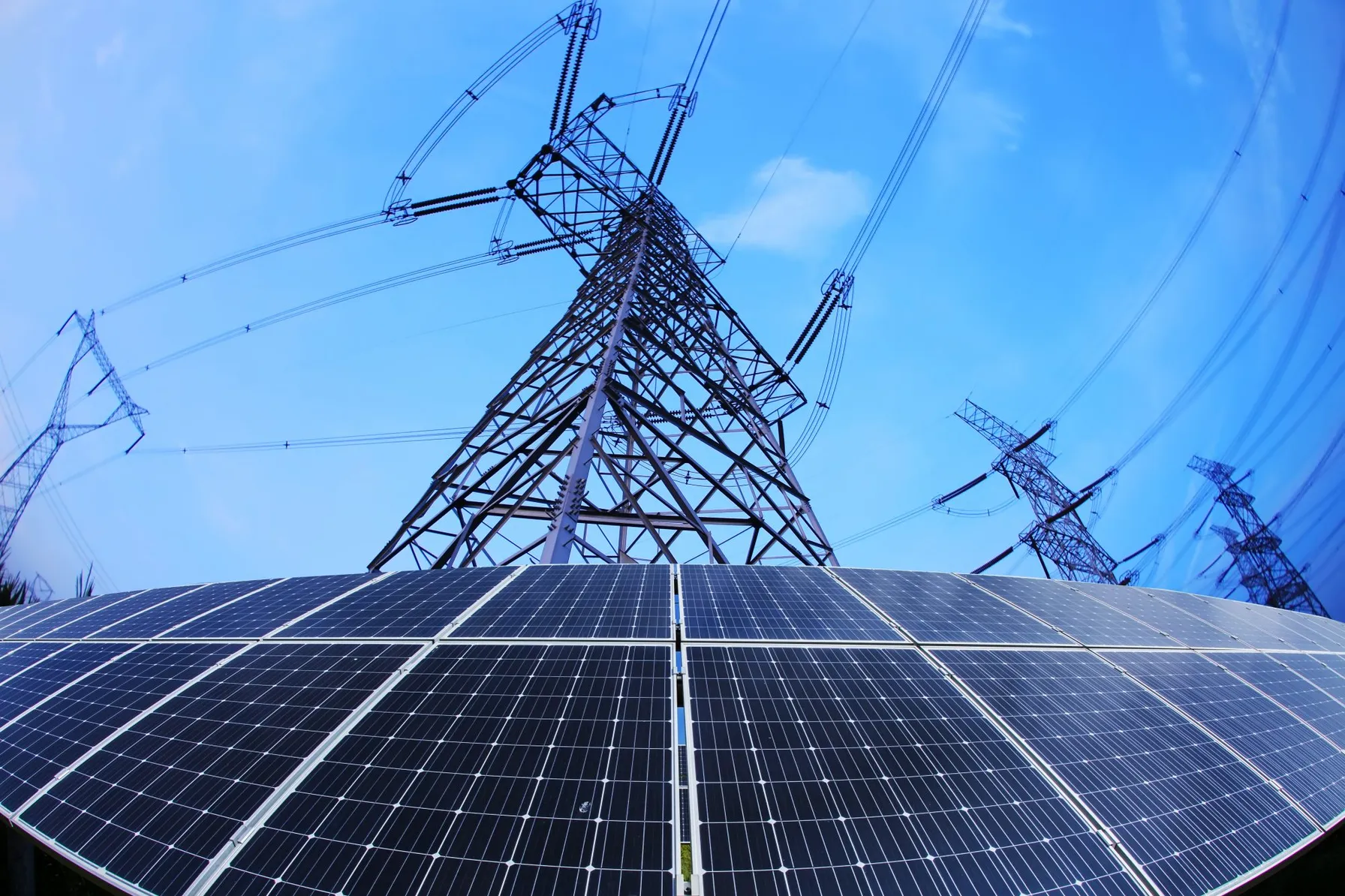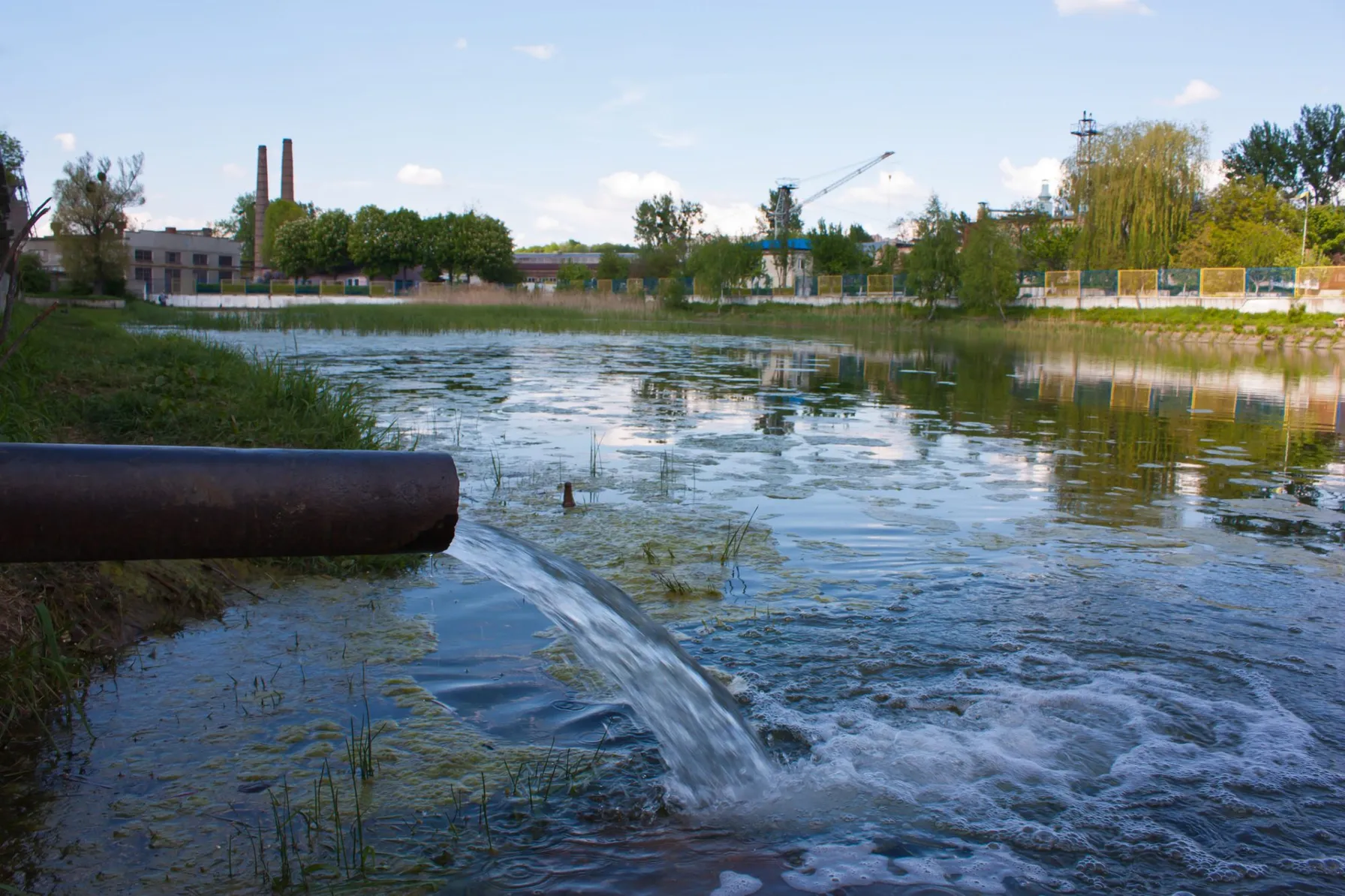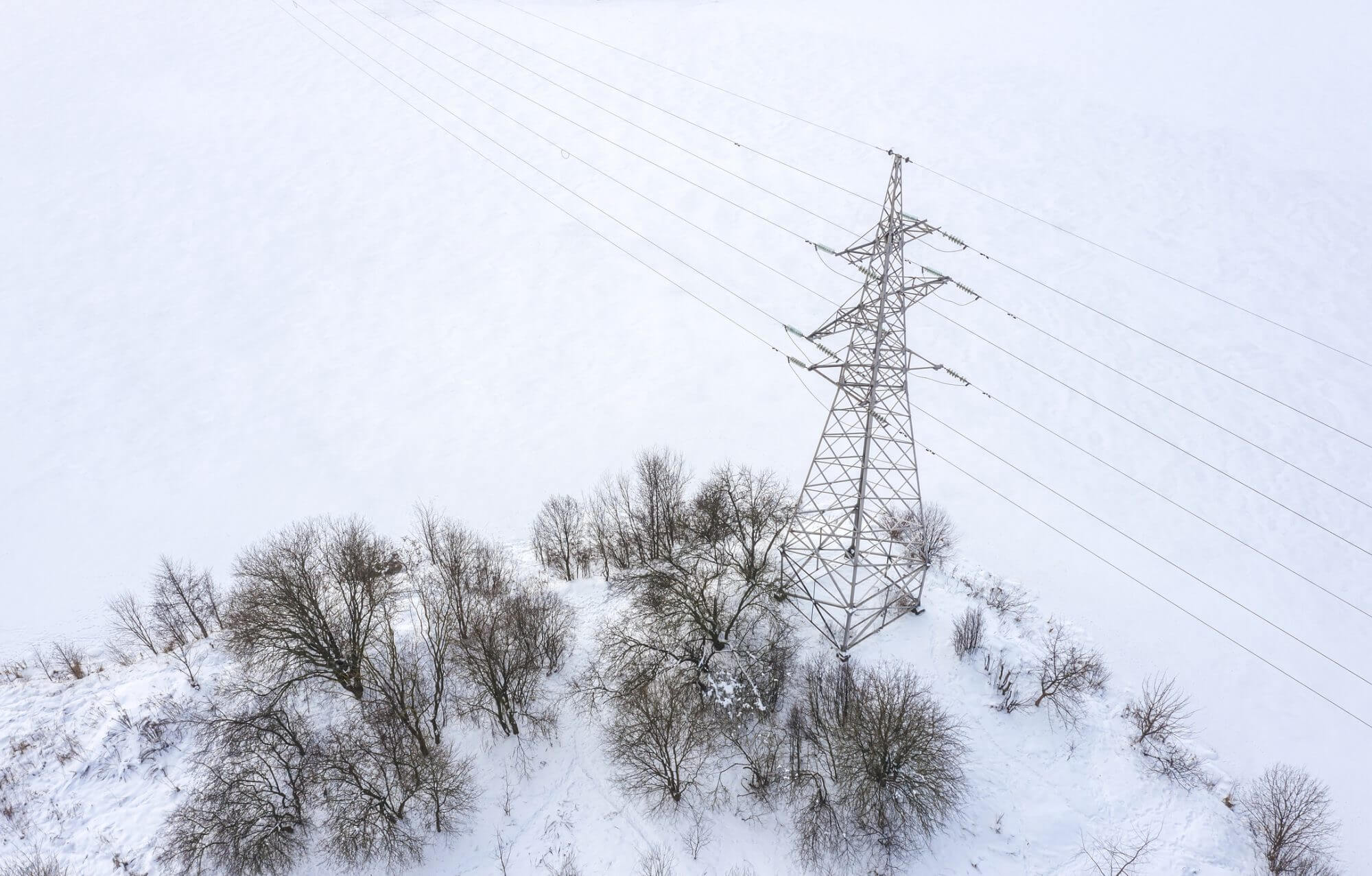Rechercher par

EPA Proposes Changes to Methane Control at Petroleum Operations
novembre 10, 2021New Source Performance Standard for Methane Control at Petroleum Operations in 2022

New Potential Compliance Standards Identified at FERC Technical Conference on Reliability
octobre 18, 2021With a focus on the reliability impact of extreme weather and the shortcomings of current system planning approaches, both NERC and FERC conference participants opened the door to potential forthcoming compliance standard enhancements or changes.

NJDEP Implements New Jersey Environmental Justice Law Through Administrative Order
octobre 5, 2021On September 22, 2021, the New Jersey Department of Environmental Protection (NJDEP) Commissioner announced the issuance of Administrative Order (AO) No. 2021-25 to implement New Jersey’s Environmental Justice (EJ) Law. This order is effective immediately, and applicants seeking to site new major source facilities, renew major source permits or expand existing facilities with major source permits (e.g., Title V air permits) in overburdened communities are affected. There are more than 4.5 million people that live within 331 municipalities that are overburdened communities in the state of New Jersey.

OSHA’s Call for Comments on Mechanical Power Press Standard Changes
septembre 30, 2021OSHA has recently published a call for comment regarding mechanical power presses. The reason behind OSHA’s request is that the American National Standards Institute (ANSI) consensus standard for mechanical power presses has been updated numerous times since the implementation of OSHA’s standard.

Interpretation of “Waters of the United States” (WOTUS) Reverts to Pre-2015 Regulatory Definition
septembre 29, 2021Environmental Protection Agency (EPA) and U.S. Army Corps of Engineers (ACOE) revert to pre-2015 regulatory program definition of “Waters of the United States.”

NERC Issues Odessa Texas Disturbance Report
septembre 29, 2021While NERC has analyzed multiple similar events in California, this is the first disturbance involving a widespread reduction of PV resource power output observed in the Texas Interconnection.

EPA Solicits Comments on PFAS Discharges in Five Point Source Categories
septembre 23, 2021EPA solicits comments in five point source categories (PSCs) in the manufacture, use, treatment and discharge of PFAS.

FERC Approves Modifications to NERC’s Cold Weather-Related Standards
septembre 7, 2021The Federal Energy Regulatory Commission has approved changes to three mandatory NERC Reliability Standards that aim to better prepare the North American power system to withstand extreme cold weather events.

NERC’s Generator Relay Loadability Standard is Now in Effect
août 30, 2021On September 22, 2021, the New Jersey Department of Environmental Protection (NJDEP) Commissioner announced the issuance of Administrative Order (AO) No. 2021-25 to implement New Jersey’s Environmental Justice (EJ) Law. This order is effective immediately, and applicants seeking to site new major source facilities, renew major source permits or expand existing facilities with major source permits (e.g., Title V air permits) in overburdened communities are affected. There are more than 4.5 million people that live within 331 municipalities that are overburdened communities in the state of New Jersey. The Administrative Order requires an enhanced public participation process that requires facilities to: Hold a public hearing meeting as determined by the Environmental Justice Law. To the extent consistent with applicable law, have a public comment period that is a minimum of sixty (60) days. If there is written request from members of the respective overburdened community, the public comment period may be extended by thirty (30) days to provide information related to “information regarding existing conditions within the overburdened community and potential facility-wide environmental and public health stressors that could result in adverse impacts upon the overburdened community were the regulated activity approved.” Respond to and address the concerns raised by individuals from the overburdened community during the public comment period, which may include the need to perform additional analysis as deemed necessary by the NJDEP. Solicit concerns from the overburdened community regarding environmental or public health stressors posed by the facility. Adhere to special conditions placed on permits approved by the NJDEP. Special conditions may be placed to avoid or minimize public health stressors to the maximum extent allowed by law. NJDEP has the authority to reopen or further extend the public comment period on a case-by-case basis, as consistent with applicable law and statues. Title V permit holders in overburdened communities in New Jersey must take steps to address new and multi-faceted environmental justice regulations and should do so in an effective manner to avoid business difficulties and manage public relations issues. This AO has the potential to significantly impact project schedules for new projects or facility expansions. Therefore, identifying EJ-related concerns during the planning phase is critical to a successful project and benefits both the business and the community.
0 résultats


